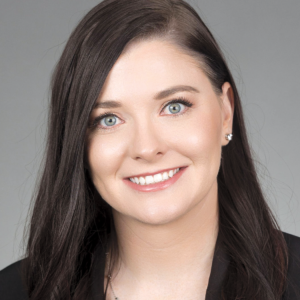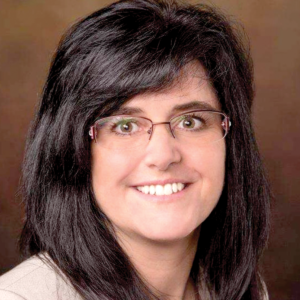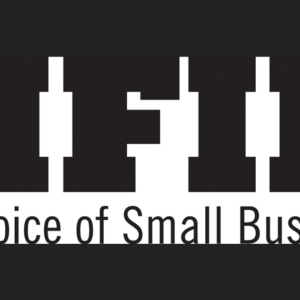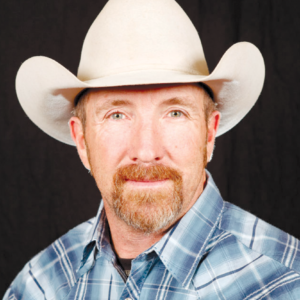The Bureau of Land Management (BLM) has released a proposed oil and gas rule that would affect how fossil fuels are leased and produced on national public lands. The rule would implement the Inflation Reduction Act’s reforms of the oil and gas leasing system.
BLM claims the proposed rule will cut down on speculative leasing in the onshore program so that rather than producing fuels, those lands can instead be managed for other uses like conservation and recreation. Finally, the rule would reform the bonding rates that oil and gas companies must post in order to ensure public lands are cleaned up when companies abandon wells.
The Center for Western Priorities released the following statement from Policy Director Rachael Hamby:
“Congress overhauled the oil and gas leasing system last year. Now it’s up to the Interior Department to make those reforms stick and prevent them from being undermined by future administrations. Today’s draft rule is a major step in that direction. The recent oil and gas lease sale in Wyoming shows that the industry already has more public land under lease than they know what to do with. The least they can do is give taxpayers a fair return when they lock up more acres and profit off publicly-owned resources.”
“It’s imperative that strong bonding reforms make it through the rulemaking process intact. The Interior Department just announced it will spend hundreds of millions of taxpayer dollars cleaning up oil and gas wells abandoned by irresponsible companies. This can never happen again. Drillers must post bonds sufficient to clean up after themselves the next time an oil boom inevitably goes bust.”





